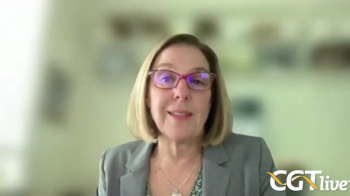
The chief medical officer of Diakonos Oncology discussed phase 1 data on the company’s autologous dendritic cell immunotherapy.

The chief medical officer of Diakonos Oncology discussed phase 1 data on the company’s autologous dendritic cell immunotherapy.

Review top news and interview highlights from the week ending May 30, 2025.
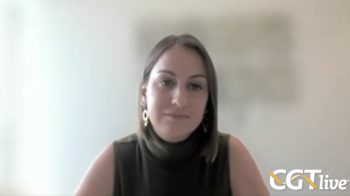
The chief executive officer and cofounder of March Biosciences discussed the company’s trial design presentation at ASCO’s 2025 meeting.
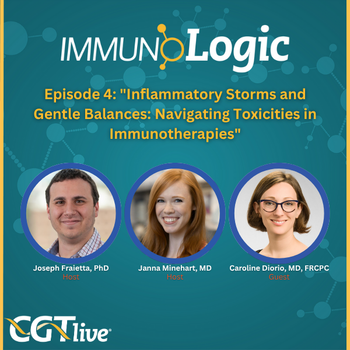
In Episode 4 of ImmunoLogic, Caroline Diorio, MD, FRCPC, FAAP, discussed her research on adverse events associated with cell therapy.

In observance of ALS Awareness Month, held annually in May, we took a look at the clinical pipeline of advanced therapeutics currently in development for the neurodegenerative disease.
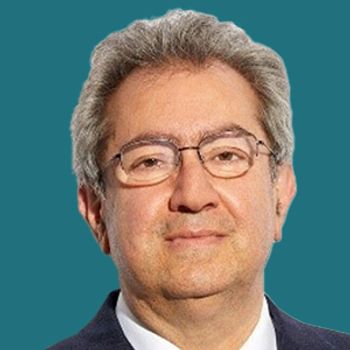
Roger Hajjar, MD, the director of the Mass General Brigham Gene and Cell Therapy Institute, also discussed the Institute’s presentations at ASGCT’s 2025 conference.

Catch up on the latest news, breakthroughs, and announcements from biotechnology companies making advancements in cell and gene therapies.

Alongside the announcement, Ocugen noted that it intends to initiate a phase 2/3 confirmatory clinical trial for OCU410ST in the coming weeks.
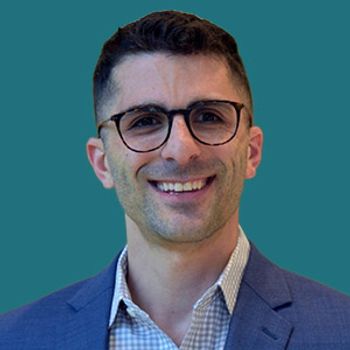
Nicholas Giovannone, PhD, a senior principal scientist at Regeneron, also discussed the problem of preexisting immunity caused by natural exposure to AAVs.

The patient’s death occurred after an acute systemic infection and was associated with an unexpected SAE of clinical complications related to capillary leak syndrome.
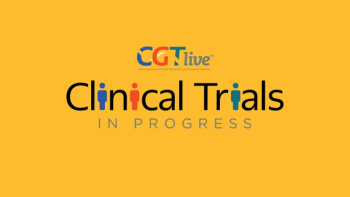
The treatment under study involves isolating neoantigen-reactive TCRs from patients’ tumor-infiltrating lymphocytes and incorporation into gamma retroviral vectors of the TCR α and β chains.

Review top news and interview highlights from the week ending May 23, 2025.

Nicholas Giovannone, PhD, a senior principal scientist at Regeneron, discussed an advanced approach to enabling gene therapy redosing.
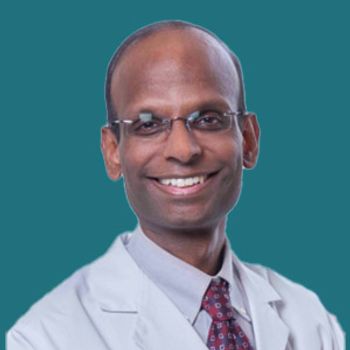
Kiran Musunuru, MD, PhD, and Rebecca Ahrens-Nicklas, MD, PhD, physician-scientists at CHOP, discussed long-term future expectations for personalized gene editing therapy.

Catch up on the latest news, breakthroughs, and announcements from biotechnology companies making advancements in cell and gene therapies.
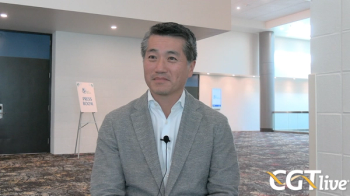
The CEO of Mission Bio also discussed the company’s plans for collaboration.
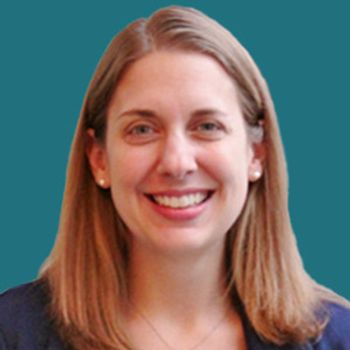
Rebecca Ahrens-Nicklas, MD, PhD, and Kiran Musunuru, MD, PhD, physician-scientists at CHOP, discussed what lies on the horizon after KJ’s treatment with a CRISPR-based gene editing therapy for CPS1 deficiency.

Kiran Musunuru, MD, PhD, and Rebecca Ahrens-Nicklas, MD, PhD, physician-scientists at CHOP, discussed an n-of-1 clinical trial for a CRISPR gene-editing strategy.
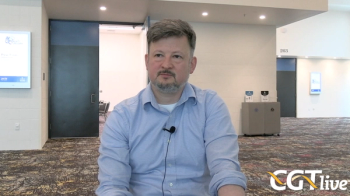
The senior research scientist at Seattle Children’s Research Institute discussed preclinical work on using dimerizing agent-regulated immune-receptor complex T-cells to target plasma cells.
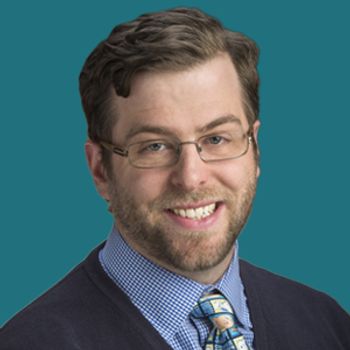
Ben Samelson-Jones, MD, PhD, the associate director of clinical in vivo gene therapy at Children’s Hospital of Philadelphia discussed a case he presented at the American Society of Gene and Cell Therapy’s 2025 meeting.
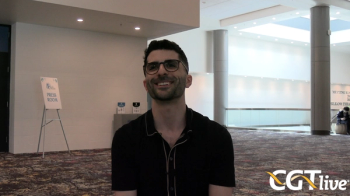
The senior principal scientist at Regeneron also discussed the problem of preexisting immunity caused by natural exposure to AAVs.
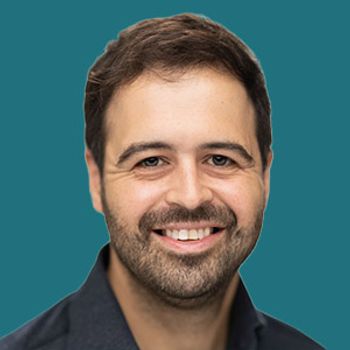
Nathan Yozwiak, PhD, the head of research at the Gene and Cell Therapy Institute at Mass General Brigham, discussed how innovative research can be held back by financial considerations.

The CEO of Mission Bio discussed the company’s single cell assay platform in the context of the broader developing field cell and gene therapy field.
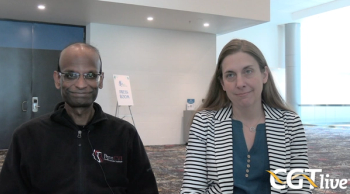
The physician-scientists at CHOP discussed long-term future expectations for personalized gene editing therapy.
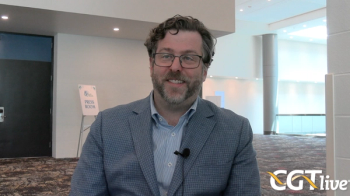
The associate director of clinical in vivo gene therapy at Children’s Hospital of Philadelphia discussed a case he presented at the American Society of Gene and Cell Therapy’s 2025 meeting.

The data presented came from 3 patients treated in the trial who had a follow-up time of up to 12 months.

Review top news and interview highlights from the week ending May 16, 2025.

The physician-scientists at CHOP discussed what lies on the horizon after KJ’s treatment with a CRISPR-based gene editing therapy for CPS1 deficiency.
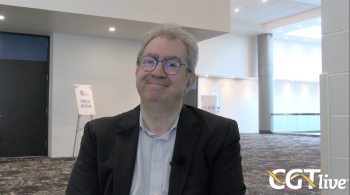
The director of the Mass General Brigham Gene and Cell Therapy Institute also discussed the Institute’s presentations at ASGCT’s 2025 conference.

The PDUFA action date for the BLA has been set as November 9, 2025.